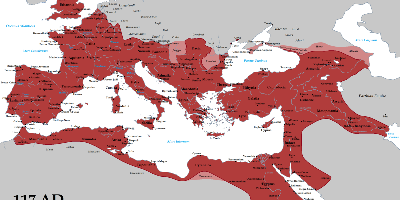15 juill. 2016 - Attempted Coup
Description:
On 15 July 2016, a coup d'état was attempted in Turkey against state institutions, including the government and President Recep Tayyip Erdoğan. The attempt was carried out by a faction within the Turkish Armed Forces that organized themselves as the Peace at Home Council. They attempted to seize control of several key places in Ankara, Istanbul, and elsewhere, but failed to do so after forces loyal to the state defeated them. The Council cited an erosion of secularism, elimination of democratic rule, disregard for human rights, and Turkey's loss of credibility in the international arena as reasons for the coup. The government said the coup leaders were linked to the Gülen movement, which is designated as a terrorist organization by the Republic of Turkey and led by Fethullah Gülen, a Turkish businessman and cleric who lives in Pennsylvania. The Turkish government stated Gülen was behind the coup (which Gülen denied) and said the United States was harboring him. Gülen has suggested the coup was in fact a "self-coup" carried out by Erdoğan to consolidate his grip on power, a view shared by some political analysts and Turks. Events surrounding the coup attempt and the purges in its aftermath reflect a complex power struggle between Islamist elites in Turkey.During the coup, over 300 people were killed and more than 2,100 were injured. Many government buildings, including the Turkish Parliament and the Presidential Palace, were bombed from the air. Mass arrests followed, with at least 40,000 detained, including at least 10,000 soldiers and, for reasons that remain unclear, 2,745 judges. 15,000 education staff were also suspended and the licenses of 21,000 teachers working at private institutions were revoked after the government stated they were loyal to Gülen. More than 77,000 people have been arrested and over 160,000 fired from their jobs, on reports of connections to Gülen.
Reactions to the event were largely against the coup attempt, both domestically and internationally. The main opposition parties in Turkey condemned the attempt, while several international leaders—such as those of the United States, NATO, the European Union, and neighbouring countries—called for "respect of the democratic institutions in Turkey and its elected officials." International organizations expressed themselves against the coup as well. The United Nations Security Council, however, did not denounce the coup after disagreements over the phrasing of a statement.
President Recep Tayyip Erdoğan said the head of United States Central Command, chief General Joseph Votel, was "siding with coup plotters", after Votel criticized the Turkish government for arresting the Pentagon's contacts in Turkey.
In March 2017, Germany's intelligence chief said Germany was unconvinced by Erdoğan's statement that Fethullah Gülen was behind the failed coup. The same month, the British Parliament's Foreign Affairs Committee said some Gulenists were involved in the coup d'état attempt but found no hard evidence that Fethullah Gülen masterminded the failed coup and found no evidence to justify the UK designating the Gülen movement as a "terrorist organization".
Ajouté au bande de temps:
Date:
15 juill. 2016
Maintenaint
~ Il y a 9 ans et 3 mois
